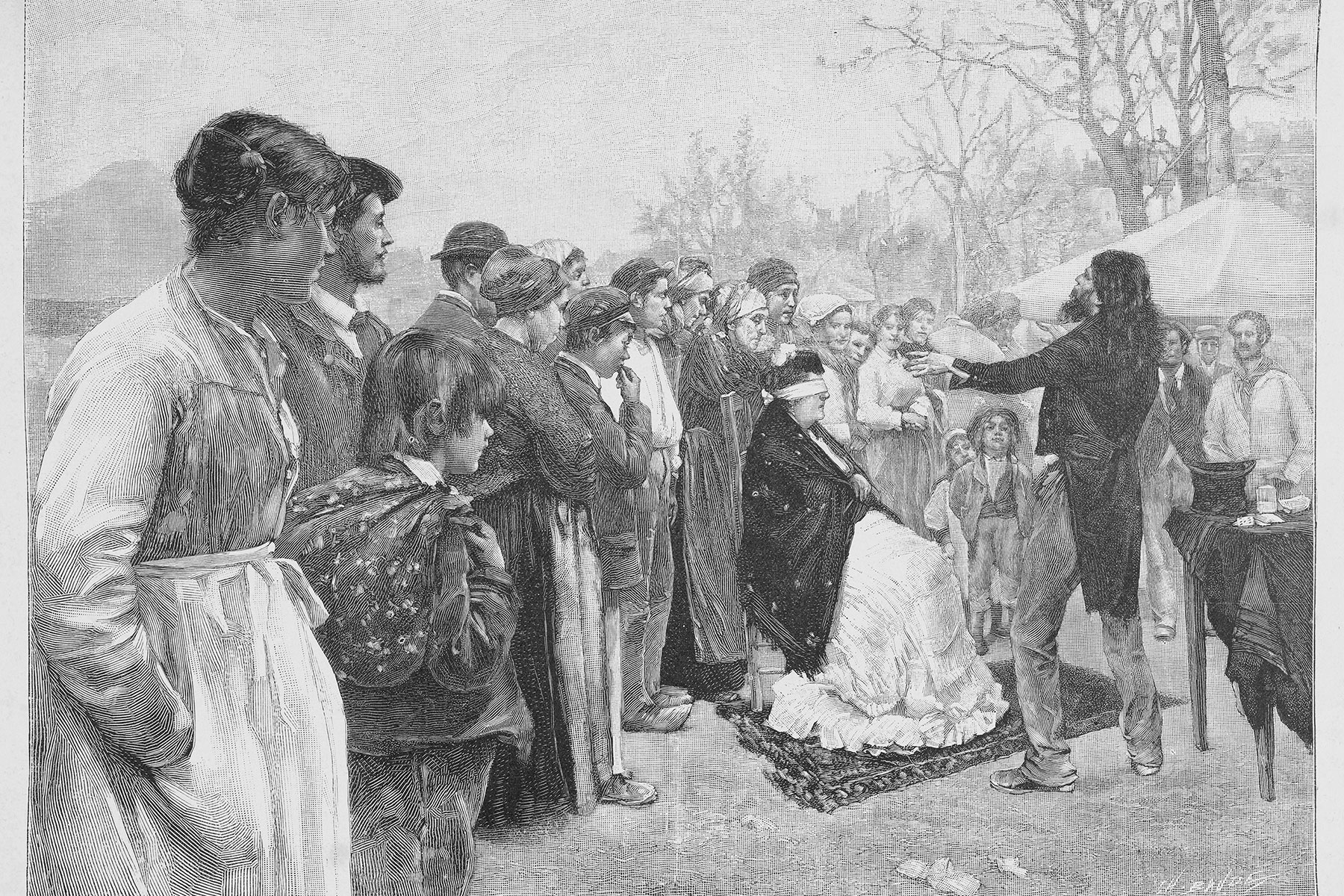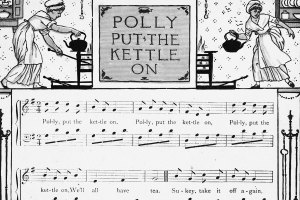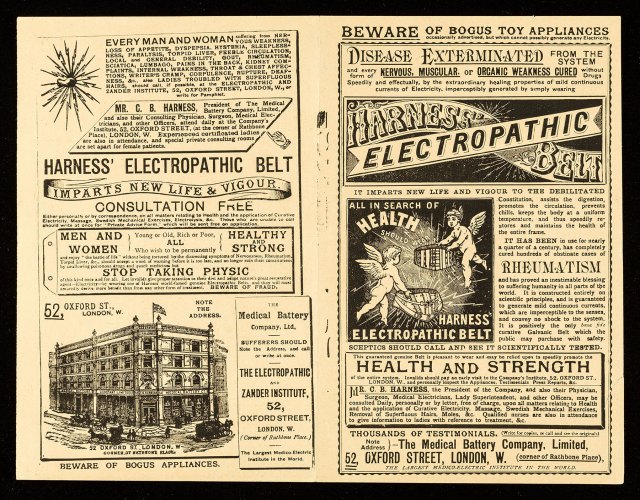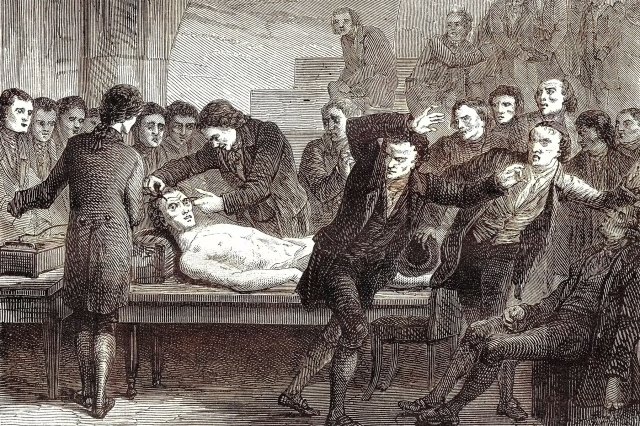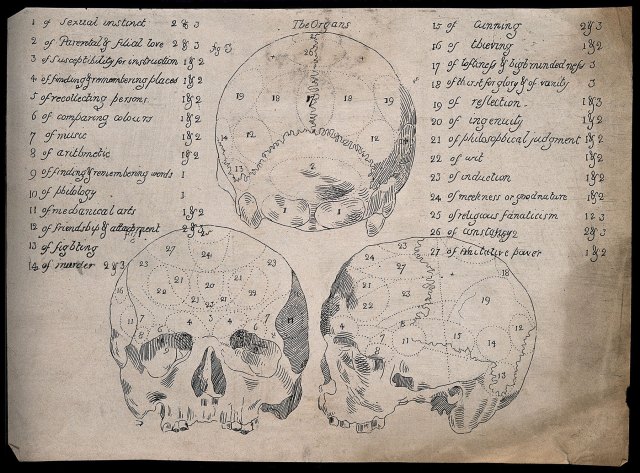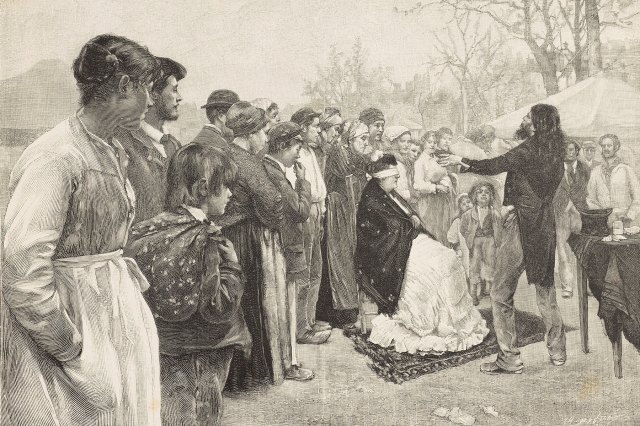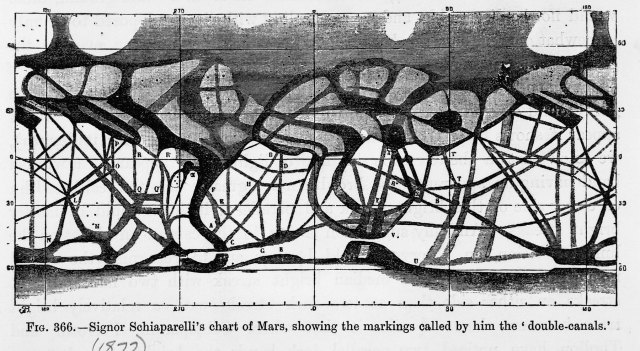6 Shocking ‘Scientific’ Beliefs From Victorian England
Britain’s Victorian era — defined by the reign of Queen Victoria, from 1837 to 1901 — was a time of great scientific discovery. In this period, Charles Darwin’s theory of natural selection laid the groundwork for evolutionary science and all of modern biology, while Scottish physicist James Clerk Maxwell’s theory of electromagnetism set the stage for the discoveries of Albert Einstein and other great physicists of the 20th century. But the Victorian age was also marked by some scientific beliefs that were, shall we say, a bit less theoretically sound. In fact, some of the commonly held beliefs of this time are downright shocking in the context of our modern understanding of the world. Here are six Victorian-era “scientific” beliefs that were more than a little off the mark.
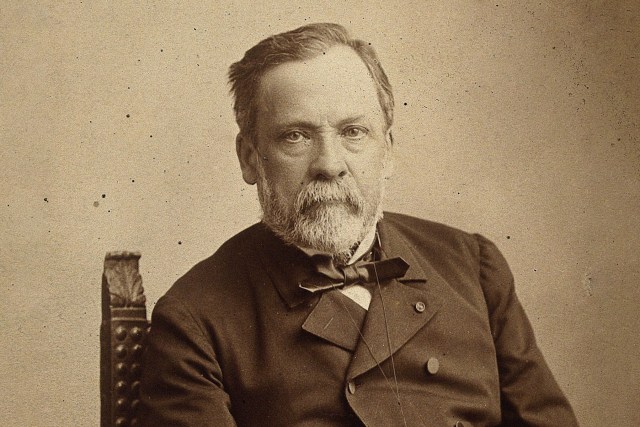
Diseases Were Caused By Bad Smells
Before people had a firm grasp of germ theory, the conventional belief among everyday people and scientists alike was that diseases were caused by foul odors, or noxious “miasma,” that were emitted from rotting organic matter and traveled through the air to cause infections. Disease-prevention measures in Victorian England often took the form of eliminating bad smells rather than treating contaminated water for pathogens. Miasma theory was gradually replaced with germ theory as the dominant scientific explanation for illness around the 1870s, when scientists such as Louis Pasteur and Robert Koch provided experimental evidence that microorganisms — and not the unpleasant odors they produced — were responsible for infectious diseases.





